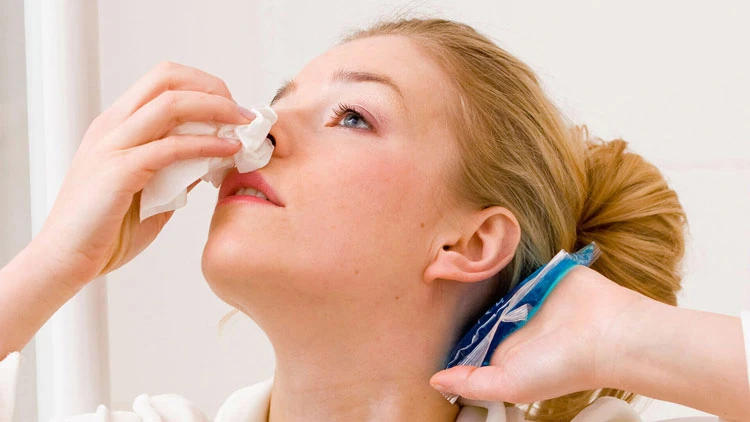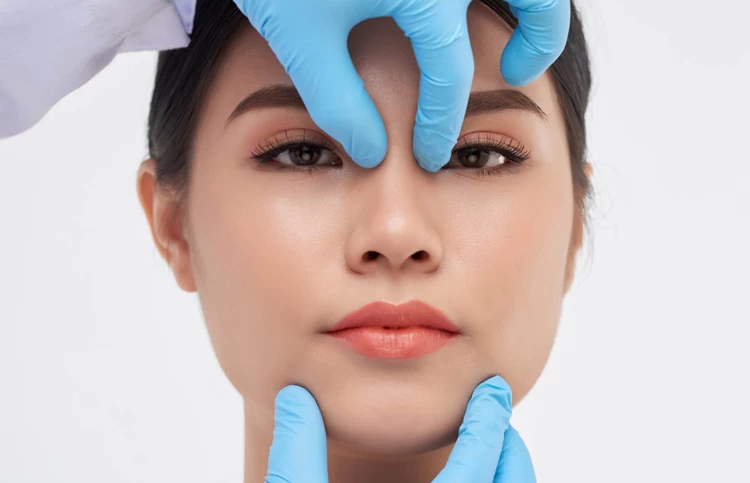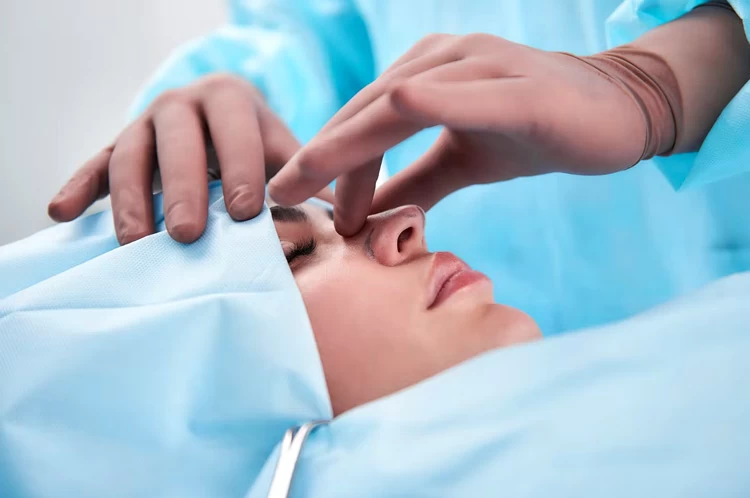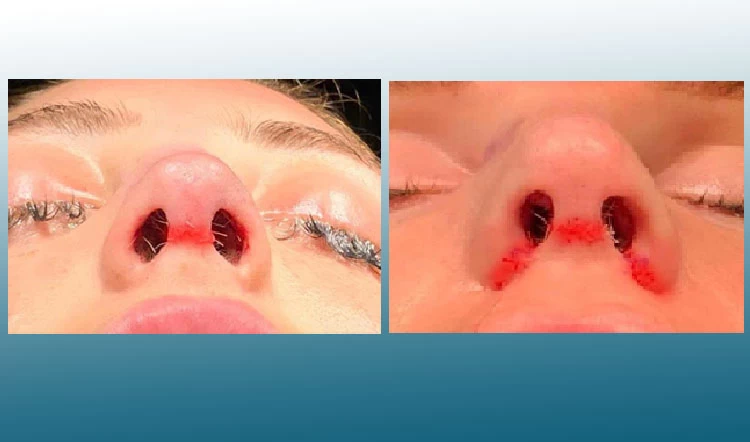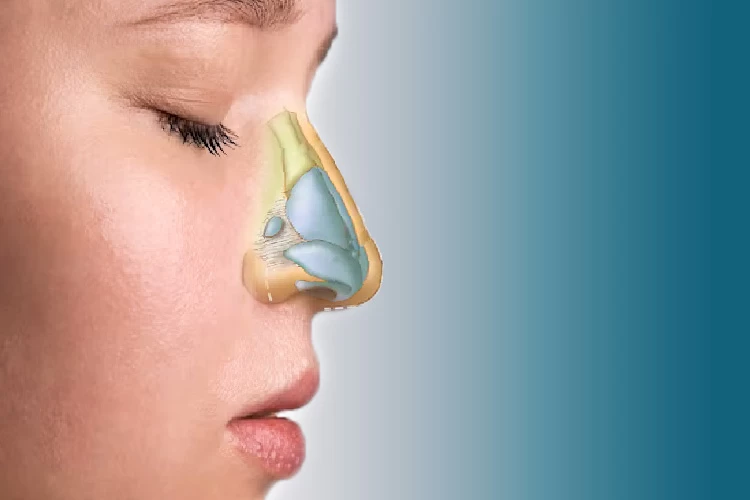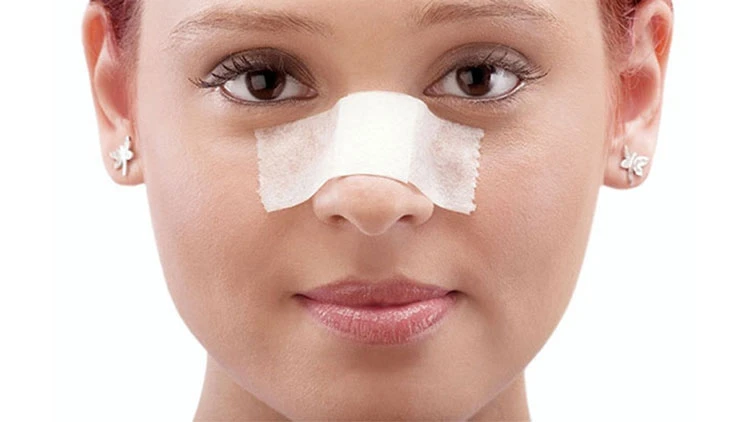Cleaning the nose for four weeks after the nose job is a must, as it can eliminate the side effects of this surgery and improve its outcome. The best ways to clean the nose after rhinoplasty are saline serum and sprays, bacitracin antibiotic ointment, hydrogen peroxide solution, and Q-tip.
The most common types of cosmetic surgery throughout the world are rhinoplasty, boob job, liposuction, tummy tuck, breast reduction, facelift, and eyelid surgery. All these operations aim to enhance facial or body appearance and improve self-confidence.
A rhinoplasty diet includes foods containing high fiber, vitamins, proteins, and minerals. Anti-inflammatory foods like olive, leafy vegetables, broccoli, fish, and even dark chocolate help the swelling subside faster. On the other hand, avoid having salty and spicy dishes, processed and canned foods, beverages that are too hot or cold, and chewy foods since they interfere with your healing.
Expect swelling, bruising, skin tenderness, nose numbness, and breathing difficulty after a nose job. The recovery from rhinoplasty takes 6 to 8 weeks; in the meantime, get plenty of rest, reduce your salt intake, clean your nose regularly, avoid heavy activities, do not smoke, and avoid sun exposure.
It is recommended to get prepared for it from weeks ago by avoiding alcohol and smoking, avoiding blood thinning medications, having a daily skincare routine to reduce the risks of rhinoplasty, and having a more comfortable recovery period.
Open rhinoplasty involves several cuts, stitches, severe swelling, and scarring, but its results are prominent. In closed rhinoplasty, on the other hand, only two small cuts are made inside the nostrils, so it involves no scarring and less swelling. However, you should not expect great changes after closed rhinoplasty.
In open rhinoplasty, the surgeon lifts the nasal skin by making several incisions around the nostrils and under the septum. After changing the nasal bridge shape and fins, he backs the nasal skin and closes the incisions. In closed rhinoplasty, the surgeon makes an incision inside the nostrils and doesn't lift the nasal skin. An open nose job results are more prominent than a closed rhinoplasty, but it involves prolonged recovery and more scarring.
Infection of the nasal cavity, respiratory diseases, smoking tobacco, and exposure to certain pollutants can cause nasal polyps. This disease can be treated with antibiotics or anti-allergy medications, nasal sprays, and nose surgery.
